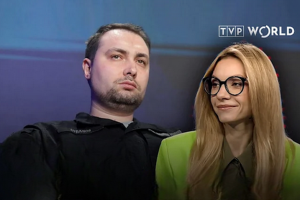New law on the Constitutional Court preserves its political dependence
On July 13, the Verkhovna Rada adopted the law “On the Constitutional Court of Ukraine”, which for the first time will regulate the activity of this body by a separate legislative act. It was called on to bring the functioning of the Constitutional Court of Ukraine (CCU) in correspondence with the new edition of the Constitution, which took effect on September 30, 2016.
The need to adopt a law on the CCU did not evoke any doubts neither in the political, nor in the expert environment. On the one hand, despite the fact that after the Revolution of Dignity the current composite of the CCU lost a significant bulk of its legitimacy, its revamping was not completed, particularly due to the unregulated procedure of selection of its judges. On the other hand, even after 2014 the CCU remained politically dependent on the subjects of its appointment, first and foremost on President Petro Poroshenko. As a result, over the past years the CCU was not capable of effectively executing its functions. A brilliant testimony to this was the fact that the CCU has not issued any ruling since the start of 2017.
The most acute problem that needed legislative regulation pertained to the guarantee of the independence of the courts of the CCU. The changes to the Constitution approved in 2016 made a step forward by establishing that judges will be selected on a competition basis according to the procedure set by the law. However, the norms of the new law do not create favorable conditions for greater independence of judges.
First of all, the law allows three bodies, which appoint six judges of the CCU each – the President, the Verkhovna Rada and the Congress of Judges – to form a competition commission at their own discretion. Therefore, the commissions will most likely be fully dependent on the political bodies that create them and for this reason will select politically loyal judges. Secondly, the law does not regulate at all the procedure of selection of candidates for the post of a CCU judge, which again allows the president and the parliament to control the activity of the competition commissions and influence the selection of judges.
The procedure of dismissal of CCU judges remains problematic as well. The new edition of the Constitution envisaged that judges can only be dismissed by the decision of the CCU and introduced new grounds for this – gross or systematic neglect of their duties. The law repeats this wording, though it does not explain what specifically can be considered such grounds. Given the danger that the majority of new CCU judges will remain politically dependent on the president or the parliament, those of them who will demonstrate their independence will end up under the threat of being dismissed for precisely such an undefined motive. To sum it up, the new law leaves the acting and future CCU judges extremely vulnerable to political pressure.








